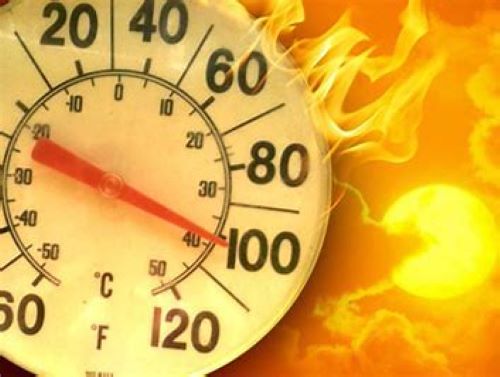The UN weather agency, the World Meteorological Organisation (WMO), says February saw more extreme heat and unusually high temperatures in both hemispheres.
Summarising the state of the climate, it said the month ended with extreme heat in the southern hemisphere where it is summer, while high temperatures atypical of the northern hemisphere winter prevailed.
Parts of North and South America, northwest and southeast Africa, southeast and far eastern Asia, western Australia, and Europe all saw record-breaking temperatures, either daily or for all of February.
“The anomalous heat is consistent with the persisting warming observed since June 2023, with seven consecutive new global monthly temperature records, including January 2024,” a climatologist working with the WMO, Alvaro Silva said in a statement.
Global sea surface temperatures were record-high. While the El Niño weather pattern “has stoked temperatures in some parts of the world, human-induced climate change is the long-term major contributing factor,” he added.
Conversely, a large part of northwestern Canada, Central Asia – and from southern central Siberia to southeastern China – witnessed exceptional cold during the last week of the month.
The meteorological winter in the northern hemisphere and summer in the southern hemisphere finished officially at the end of February.
Meanwhile, the UN refugee agency (UNHCR) raised increasing concern on Friday that more refugees would cross into Chad from Darfur in the coming weeks amid a worrying lack of food and other essentials.
Almost a year since the start of the civil war between rival militaries in Sudan, neighboring Chad urgently needs more humanitarian aid and significant development investment, the agency reported, especially in its eastern areas which are hosting the refugee influx.
This investment will allow the country to continue its generous open-door stance towards refugees.
“Chadian officials are concerned that many more hungry Sudanese families will come in the next weeks,” said UNHCR’s Deputy High Commissioner, Kelly Clements who is in the country to review the relief operation.
“The country is committed to keeping its borders open, despite the fragility of this region.
“But, doing so will put even more strain on Chad, which has so graciously been hosting refugees from Sudan’s war – now raging almost a year – and other refugees still here from earlier emergencies.”
NAN



